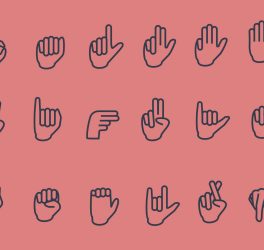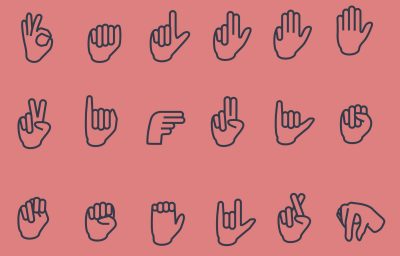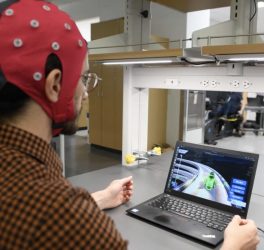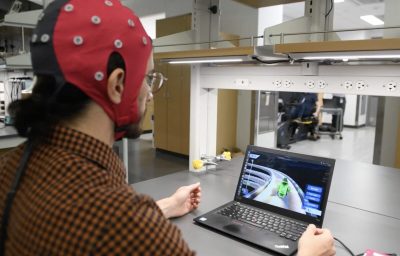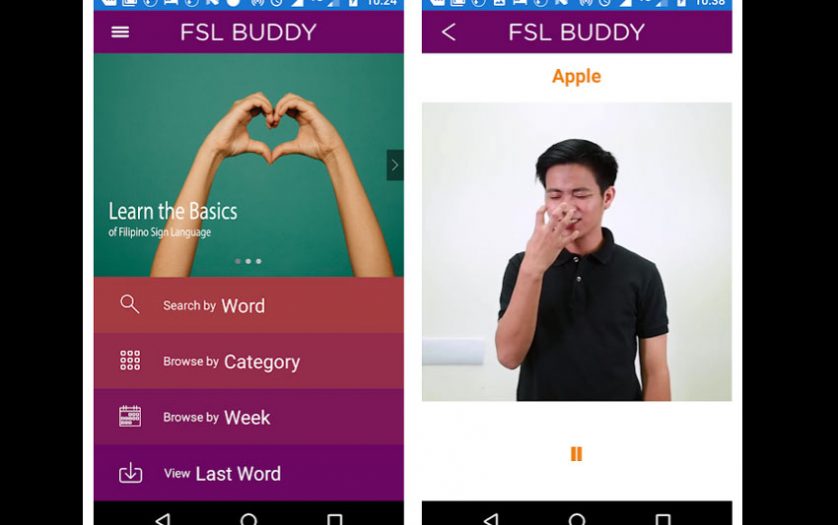
A mobile application, FSL Buddy will soon launch a second edition with more signs and phrases to guide people with hearing disabilities in Phillippines.
The app’s current version has educational videos with a signer with a hearing disability demonstrating the variations of the Filipino Sign Language (FSL) signs.
The smartphone app, dubbed FSL Buddy 2.0, was created for FSL students and served as a supplementary e-resource for students registered in the De La Salle-College of Saint Benilde FSL Learning Program.
The mobile app allows learners to search or browse through categories quickly. The FSL app first edition released in 2018 had over 200 FSL signs ranging from the alphabet, pronouns, adjectives, and verbs to numbers such as time, months, and years.
FSL Buddy 2.0 will include more requested signs and phrases. It contains educational videos with a Deaf signer demonstrating variations of the FSL signs with the equivalent words and phrases.



